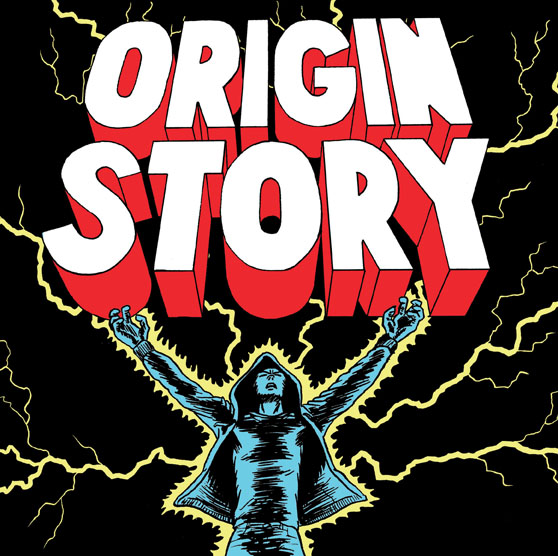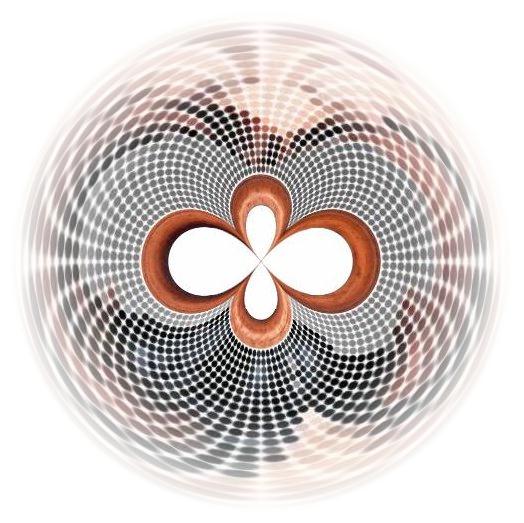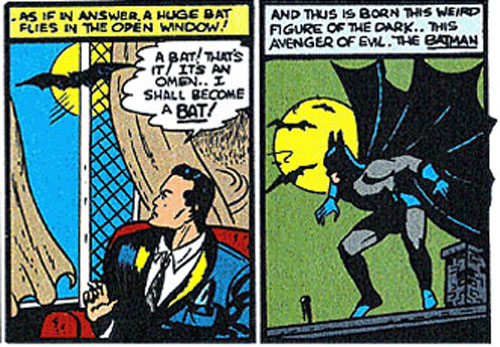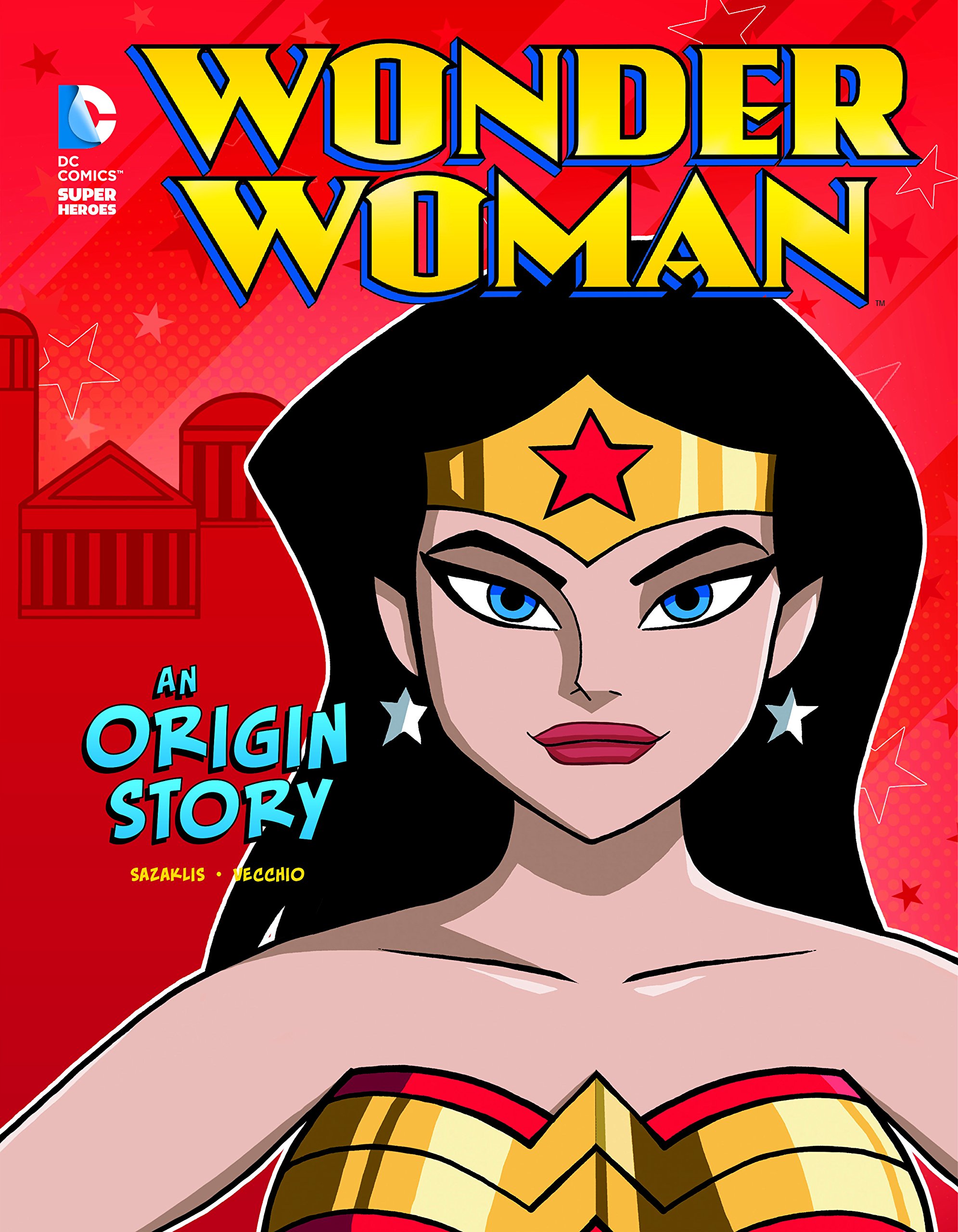 |
Craig White's Literature Courses Creation & Origin Stories |
 |
Humans are story-telling creatures, and all cultures tell stories of how their world was created or how individual creatures, peoples, or phenomena came into being.
Creation and origin stories from different cultures may resemble each other or differ significantly. When different creation or origin stories meet and interact, they often adapt and change in response.
Resulting fusions of religious traditions can be called syncretism—as when the early Christian church put Christmas as Christ's birth on the calendar where the pagan Winter Solstice or rebirth of the sun was celebrated, or Easter and the Resurrection in springtime, when fertility symbols like eggs and bunnies are popular but nowhere in the Bible.
![]()
|
For Western Civilization, the two best-known creation / origin stories are Genesis and Evolution. (For Genesis, see also Creation & Creationism.)
But there's no limit to examples of the potential genre.
As with the debate over Evolution vs. Creationism, Creation Stories matter—not just about science and religion, but as expressions of values, priorities, missions, and identities. Creation / Origin stories tell a people who they are, how they came into being, and in many cases such stories identify a supernatural being or transcendent destiny. Creation / Origin stories also often identify gender roles, social relations, and relations between humans and nature, |
|
![]()
The terms "Origin Stories" and "Creation Stories" are often used interchangeably, but possible distinctions:
![]() "Creation Stories" may account for the
making of all nature at once or in a limited time, as in Genesis.
"Creation Stories" may account for the
making of all nature at once or in a limited time, as in Genesis.
![]() "Origin Stories" may tell how a particular being, object, or phenomenon
comes into being: e.g., the rainbow, a waterfall, the
ocean, the spider, a person or god, a continent, mountain, island. [See for
example
The Jicarilla
(Apache) Genesis, para. 5 & 9]
"Origin Stories" may tell how a particular being, object, or phenomenon
comes into being: e.g., the rainbow, a waterfall, the
ocean, the spider, a person or god, a continent, mountain, island. [See for
example
The Jicarilla
(Apache) Genesis, para. 5 & 9]
![]()
Pop-Culture Origin Stories
|
Contemporary pop-culture examples of origin stories are standard for Comic Book Superheroes. Examples:
The first installment of a superhero movie franchise is sometimes referred to as the hero's origin story. |
|
|
|
|
![]()
Cultural or National Creation / Origin Stories describe how a particular people came into being:
Slave narratives, esp. Equiano's, as creation stories for African America (loosely applied)
"Virgin of Guadalupe" story as creation story for Mexico (plus or minus Mexican Americans)
Declaration of Independence by Founding Fathers as USA Creation Story (alternates: the First Thanksgiving or the Pilgrims' journey to America)
![]()
Aesthetics & Values of Creation / Origin Stories
Such stories appear inherently entertaining—"first there was nothing, then there was something" evokes a response akin to the pleasure in a magic act—but their real significance:
![]() Creation and Origin Stories
reflect, embody, or project the social values and structures of the people who
remember and re-tell them.
Creation and Origin Stories
reflect, embody, or project the social values and structures of the people who
remember and re-tell them.
![]() References to origin stories are
references to an original authority. Therefore such references
demonstrate a unique power.
References to origin stories are
references to an original authority. Therefore such references
demonstrate a unique power.
Quick examples:
![]() Evangelicals (appealing to the
original authority of revealed Scripture) use the nuclear family
of Genesis to argue for nuclear family values and against marriage equality: "It was
Adam and Eve, not Adam and Steve."
Evangelicals (appealing to the
original authority of revealed Scripture) use the nuclear family
of Genesis to argue for nuclear family values and against marriage equality: "It was
Adam and Eve, not Adam and Steve."
![]() Leftists or secularists (appealing
to analytical science and empirical nature) accept
evolution as a
set of facts describing nature, whose species and environments change over time. Thus family structures
or sexual behaviors may adapt to these changes: "The world's changing, and
we have to change with it."
Leftists or secularists (appealing
to analytical science and empirical nature) accept
evolution as a
set of facts describing nature, whose species and environments change over time. Thus family structures
or sexual behaviors may adapt to these changes: "The world's changing, and
we have to change with it."
![]()
Andrew O. Wiget, "Native American Oral Narrative" in The Heath Anthology of American Literature 3rd edn., v. 1. Boston: Houghton Mifflin, 1998. 24-27.
Origin and Emergence stories are complex symbolic tales that typically dramatize the tribal explanation of the origin of the earth and its people; establish the central relationships among people, the cosmos or universe, and the other creatures (flora and fauna) of the earth; distinguish gender roles and social organization for the tribe . . . .
Several different types of origin tales are prominent in the Native American canon. The two most common are the Emergence story, found throughout the Southwestern United States, and the Earth-Diver story, which predominates throughout Canada and the eastern region. The Earth-Diver story tells of a great flood that covered the earth and of beings who are borne upon the water until, after several failed attempts, an animal brings up enough mud from beneath the water to begin the magical creation of the earth. . . .
The Biblical stories of Genesis, which most Europeans believed, functioned in a similar manner for the [American] colonists. Yet a comparison of Native American origin tales and Biblical stories illuminates profound cultural differences. Generally speaking, Native Americans traditionally did not believe in a single supreme, autonomous, and eternal being who established the conditions under which all beings must exist. Nor did they consider humans as having a radically different nature from the rest of earth's inhabitants, which they conceived of as intelligent, self-willed, and communicative. . . .
Perhaps most importantly, no Native American origin myth identifies anything at all analogous to the Christian belief in a sin or a fall from the grace of a god. That is, there is no evil pre-condition, no lost harmony and balance, in the Native American interpretation of origin.




